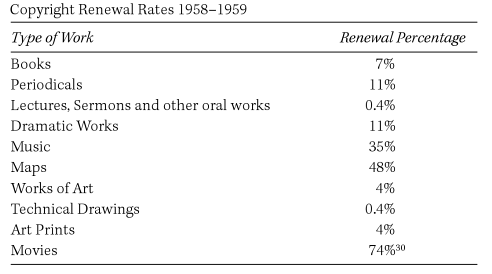An obituary (and short history lesson) in The Economist:
AT THE heart of several cities in Belgium lies an unexpected treasure. A gate in a high brick wall creaks open, to reveal a cluster of small, whitewashed, steep-roofed houses round a church. Cobbled alleyways run between them and tiny lawns, thickly planted with flowers, grow in front of them. The cosiness, the neatness and the quiet suggest a hortus conclusus, a medieval metaphor both for virginal women and the walled garden of paradise.
Any veiled women seen there now, however, processing to Mass or tying up hollyhocks in their dark habits and white wimples, are ghosts. Marcella Pattyn was the last of them, ending a way of life that had endured for 800 years.
These places were not convents, but beguinages, and the women in them were not nuns, but Beguines. In these communities, which sprang up spontaneously in and around the cities of the Low Countries from the early 13th century, women led lives of prayer, chastity and service, but were not bound by vows. They could leave; they made their own rules, without male guidance; they were encouraged to study and read, and they were expected to earn their keep by working, especially in the booming cloth trade. They existed somewhere between the world and the cloister, in a state of autonomy which was highly unusual for medieval women and highly disturbing to medieval men.
Nor, to be honest, was it the first thing Juffrouw Marcella thought of when, as a girl, she realised that her dearest wish was to serve her Lord. But she was blind, or almost so, and no other community would accept her. She wanted to work, too, and was not sure she could in an ordinary convent. The beguinages had originally been famous for taking the “spare” or “surplus” women who crowded into 13th-century cities in search of jobs. Even so, the first community she tried sent her back after a week, unable to find a use for her. (In old age she still wept at the thought of all the rejections, dabbing with a handkerchief at her blue unseeing eyes.) A rich aunt intervened with a donation to keep her there, and from the age of 21 she was a Beguine.

 As I mentioned yesterday, the Vikings had 11 picks in the 2013 NFL draft to begin with, but that the number of picks might change frequently during the three day event. It changed even more than I expected, as after using their first pick on defensive tackle Sharrif Floyd and their second pick on cornerback Xavier Rhodes, the Vikings traded back into the first round and selected wide receiver Cordarrelle Patterson.
As I mentioned yesterday, the Vikings had 11 picks in the 2013 NFL draft to begin with, but that the number of picks might change frequently during the three day event. It changed even more than I expected, as after using their first pick on defensive tackle Sharrif Floyd and their second pick on cornerback Xavier Rhodes, the Vikings traded back into the first round and selected wide receiver Cordarrelle Patterson.


